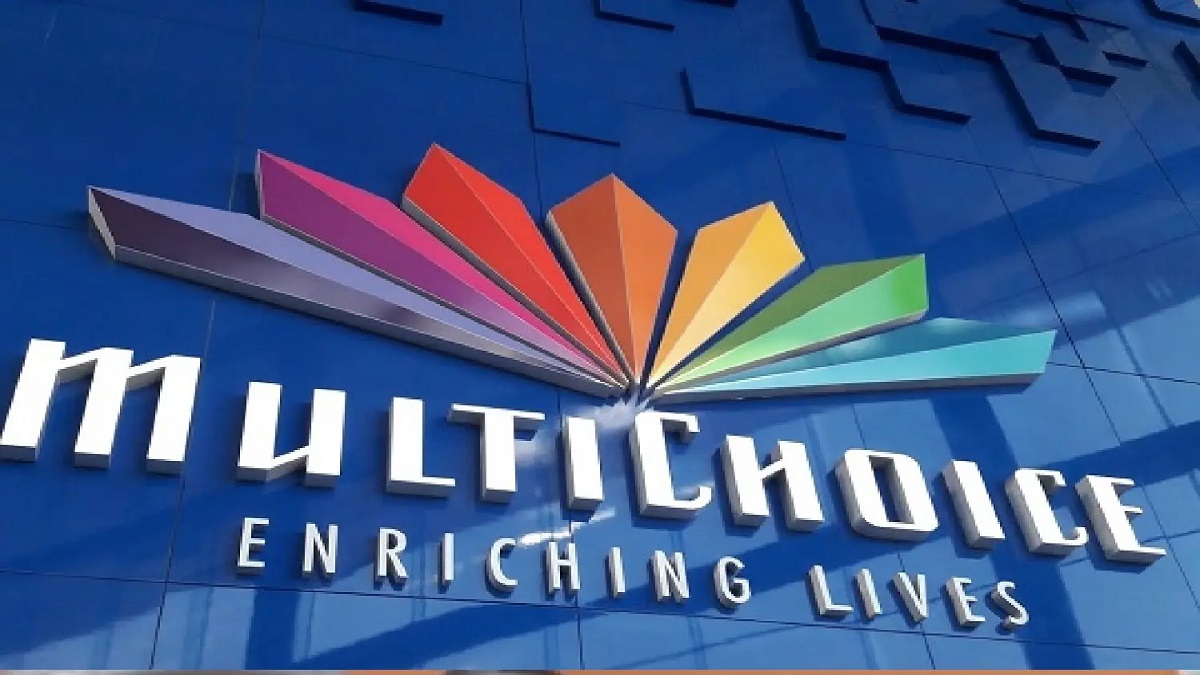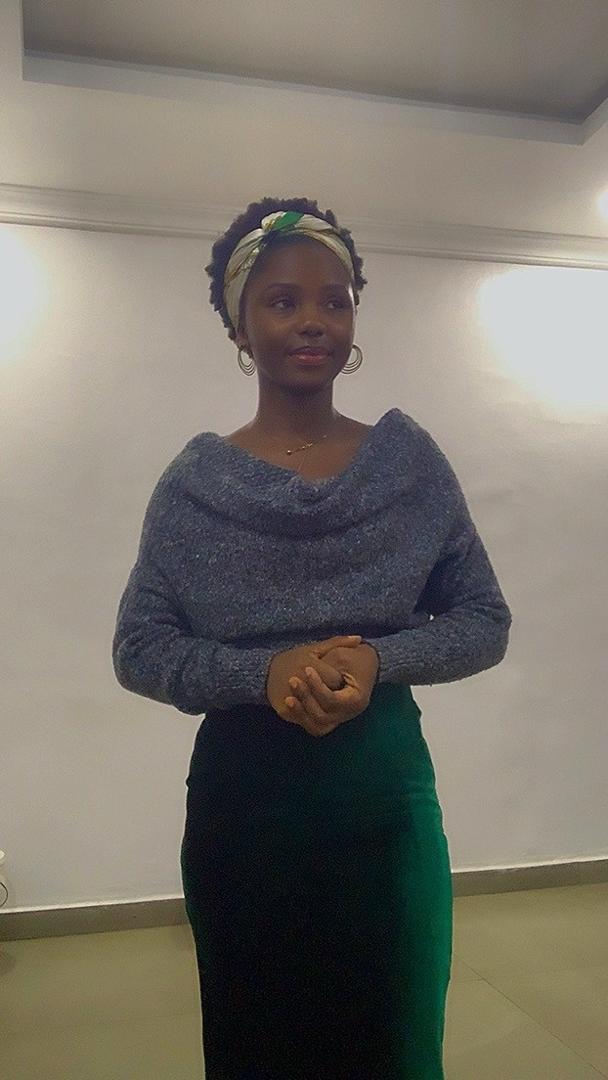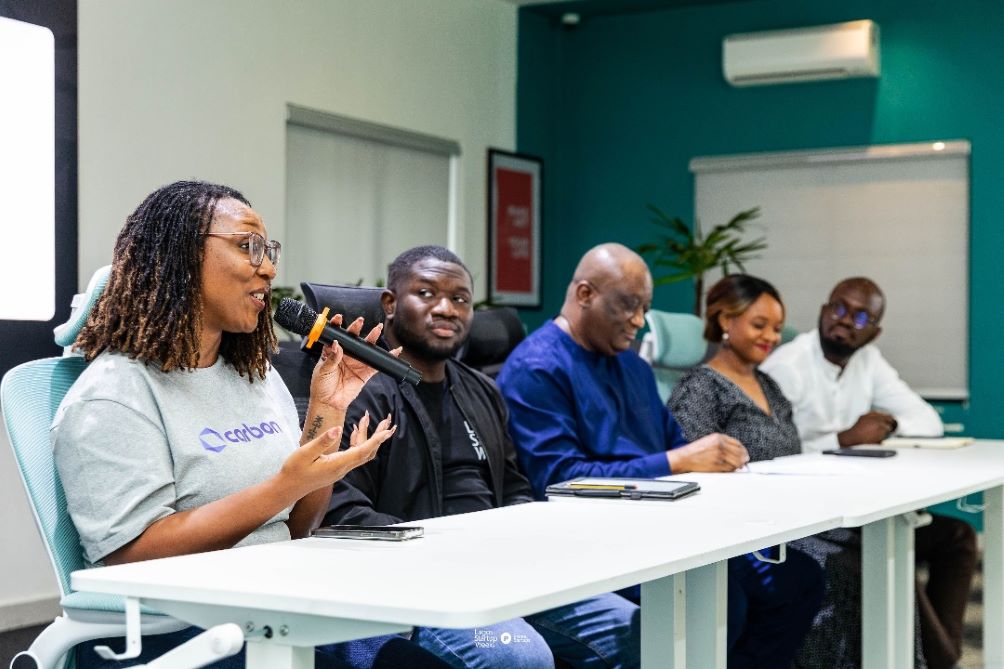Africa’s leading entertainment platform, Multichoice, that offers a wide range of products and services, including DStv, GOtv, Showmax, M-Net, SuperSport, Irdeto, and KingMakers, faces threat to its monopolistic iron clad fists. With products and services used by over 23.5 million households in 50 markets across sub-Saharan Africa, the company must brace for tougher times ahead, reports themorningstar.com.ng with agency reports.
These are certainly not the best of times for Multichoice. The Independent Communications Authority of South Africa (Icasa) has said the country’s subscription TV market has become increasingly competitive, posing a significant threat to MultiChoice’s historical dominance.
This is according to a discussion document on Icasa’s preliminary findings on competition within the subscription TV market in South Africa.
The document’s publication follows several public hearings and stakeholder submissions to Icasa, which formed part of an inquiry into South Africa’s TV market. This latest discussion document includes the latest developments within the subscription TV market.
According to Icasa’s latest findings, several factors have contributed to MultiChoice’s decline in market dominance.
This is the number of subscribers lost by MultiChoice’s pay-TV service, DStv, due to “cord-cutting.”
Cord-cutting occurs when users cancel their traditional pay-TV services in favour of alternative video services, which in this case are over-the-top (OTT) streaming services that typically use an Internet connection, such as Netflix.
This is opposed to cord-shaving, where users downgrade their traditional TV subscription to use it with an OTT service.
While the decrease in DStv subscribers was redacted from the document, MultiChoice’s annual report for the year ending 31 March 2024 revealed that active DStv subscribers in South Africa decreased from 8 million to 7.6 million.
Its Nigerian unit, Multichoice Nigeria lost 243,000 subscribers across its DStv and GOtv services in the six months covering April to September last year year, according to the Group in its Interim Financial Results for the six months ended 30 September 2024.
Icasa also noted that DStv Premium subscribers had fallen below 1 million.
In contrast, the number of OTT subscribers in South Africa increased from 3.7 million in 2017 to 8.3 million in 2024, according to data in the document sourced from Statista.
This is primarily attributed to the cost of OTT services compared to DStv bouquets and the significant decrease in the price of uncapped Internet services.
Icasa highlights DStv’s attempt to make its offerings more attractive by bundling its OTT service, Showmax, and Internet subscriptions with its TV bouquets.
The watchdog’s findings also illustrated how effective competition prevailed despite DStv’s sports rights dominance.
However, Icasa has not definitively concluded whether a lack of competitive bidding or DStv outbidding competitors causes this dominance.
While Icasa’s preliminary findings reveal that DStv is facing significant competition in South Africa, recent Broadcasting Research Council of South Africa data also shows that traditional TV is in decline.
Its latest Television Audience Measurement Surveys (TAMS) reported a substantial decline in the number of people watching popular TV shows and other programmes through linear TV broadcasting.
TAMS tracks the top 20 most-watched broadcasts on the free-to-air SABC and E-tv channels, and the top 30 most-watched programmes across DStv’s entire channel line-up. Audience figures are released monthly.
Our analysis of the most recent data found that the total viewership across these broadcasts plummeted between October 2023 and October 2024.
The channel with the most watched broadcasts in South Africa — SABC 1 — saw viewership of its top 20 broadcasts drop 6.61%.
Its most-watched broadcast in October 2024 — an episode of Uzalo — drew 4.81 million, compared with the 6.18 million viewers of the most-watched Uzalo episode in October 2023.
October 2023 had an unusually high viewership for SABC 2 due to it showing seven major Springbok games in the Rugby World Cup, including the final, semi-final, and quarter-finals.
To compensate for this and ensure a fairer comparison with October 2024, MyBroadband normalized the numbers.
All of the viewership figures for the matches were removed and substituted with an average across all the outstanding top 20 shows.
This indicated that the viewership excluding the Rugby World Cup was at least 27.37% lower in October 2024 than the year prior.
S3 (previously SABC 3) recorded a viewership increase of 18.2%.
However, this was only due to Bafana’s Afcon qualifier being broadcast on the channel in October 2024.
This event was the most watched broadcast—with roughly 1.77 million viewers—compared with the second most-watched show, which only brought in 446,197 viewers.
Removing the Afcon qualifier and substituting it with an average viewership figure showed that S3’s viewership declined by 1.05%.
DStv’s top 30 programmes in October 2024 had slightly higher viewership than a year earlier, a commendable achievement, considering the pressure on linear TV and declining subscriber numbers.
According to the company, the high inflation in Nigeria at over 30% driven by the high cost of food, electricity, and fuel forced many of its customers to ditch their decoders.
Multichoice had also declared the loss of 18% of its Nigerian subscribers in its financial report for the year ended March 2024.
The company added that the pressure on its subscriber base in Rest of Africa Operations continued from the previous year leading to a loss of 566,000 subscribers across the operations in the six months under review.
While noting that the subscribers lost in the last six months was a decline compared with the 803,000 lost in the previous six months, Multichoice singled out two markets, Zambia and Nigeria which it said accounted for the lion’s share of the loss.
“With the Rest of Africa business having seen a decline of 803k subscribers in 2H FY24, this rate of decline slowed to 566k in 1H FY25.
“Of this decline, 298k related to Zambia and 243k related to Nigeria, with remaining markets on the continent reflecting only a minor decline of 25k,” the company stated in its financial results.
While inflation was blamed for the loss in Nigeria, the company blamed the Zambian loss to drought-driven power outages of up to 23 hours a day.
MultiChoice Group CEO, Calvo Mawela, in his comments, said the company is facing its most challenging operating conditions in almost 40 years.
To generate returns, he said the Group has been proactive in its focus to ”right-size” the business for the current economic realities and industry changes.
According to him, while operating across Africa typically subjects the group to currency moves, abnormal currency weakness over the past 18 months has reduced the group’s profits by close to R7 billion.
“Combined with the impact of a weak macro environment on consumers’ disposable income and therefore on subscriber growth, it required the Group to fundamentally adjust its cost base – which is exactly what has been done.
“We are making good progress in addressing the technical insolvency that resulted from non-cash accounting entries at the end of the last financial year.
“We expect to return to a positive net equity position by the end of November this year, supported by a number of developments and initiatives. The Group’s liquidity position remains strong, with over ZAR10bn in total available funds,” he said.
Mawela said the Group is also adjusting to global pay-TV challenges as streaming services, the rise of social media, and changing consumer preferences impact the traditional broadcast business.
According to him, Showmax, which reported 50% growth YoY in its paying customer base, strategically positions the business to actively participate in the streaming revolution as it gains momentum across Africa.
To create sufficient capacity and drive growth, he said the group stepped up its investment in this business by an incremental ZAR1.6 billion during the interim period.
Despite the rising inflation and dwindling subscriber numbers, Multichoice Nigeria continued to increase its DStv and GOtv bouquet prices, a development that has angered subscribers that see the company as grossly insensitive to the pains of the citizens.
The first price hike was in April 2023, then another in November the same year. The third increment was announced in April last year and took effect on May 1.
Ahead of the implementation of the new prices on May 1, a Competition and Consumer Protection Tribunal (CCPT) sitting in Abuja had issued an order restraining from implementing the new prices based on a case filed by a Nigerian customer of the company.
However, Multichoice ignored the court order and implemented the new prices. This prompted the Tribunal to slam a fine of N150 million on it for challenging the jurisdiction of the court.
The verdict delivered by three of the panel led by Thomas Okosu in June also ordered Multichoice to give Nigerians a one-month free subscription on DStv and GOTV.






